Wildlife 2021 Speakers
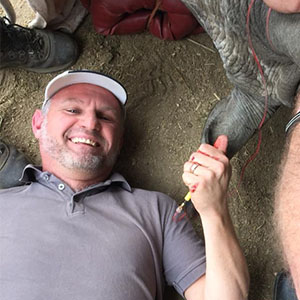
Prof. Leith Meyer
Leith is currently the Director of the Centre for Veterinary Wildlife Studies and a Professor at the University of Pretoria. His research activities are mainly dedicated to wildlife conservation physiology and veterinary management of wildlife. He has published more than 90 research papers and five chapters in books mainly in these fields.
His research interests include the behavioural and physiological consequences of veterinary management procedures in wildlife, particularly when they are captured, translocated, reintroduced, rehabilitated or anaesthetised. He also has an interest in temperature regulation and the ecophysiology of free-living mammals and birds. His primary research focus is on investigating novel ways of reducing the side-effects of wildlife capture.
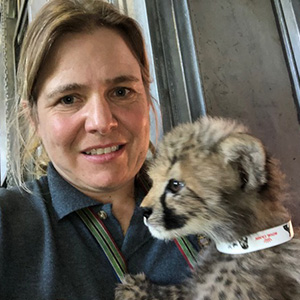
Dr. Katja Koeppel
I graduated in 2000 from the University of Glasgow in the UK. I came to South Africa in 2002 and joined the University of Pretoria in 2016 as a wildlife clinician in the Department of Production Animal Studies and am part of the Centre for Wildlife Studies. I am a current diplomate for the European College of Zoological Medicine in Zoo health Management.
My general field of specialization is wildlife medicine but I am passionate about conservation and epidemiology. I am the veterinary advisor for the Southern Ground-Hornbill recovery program and Jane Goodall Foundation in Nelspruit. I research spatiotemporal patterns of rabies in South Africa and how to control rabies in free ranging black-backed jackal for my PhD.
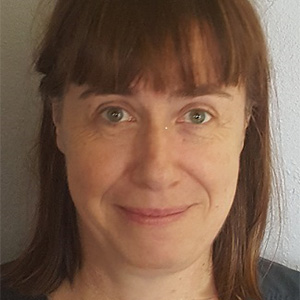
Dr. Sarah Clift
Dr Sarah Clift is a Senior Lecturer in the Section of Anatomical Pathology in the Department of Paraclinical Sciences at the Faculty of Veterinary Science, University of Pretoria. She has authored over 40 publications in peer-reviewed journals and is currently completing her PhD on the pathology of theileriosis in roan antelope in South Africa. She is particularly interested in the development and validation of immunohistochemical (IHC) tests to help diagnose diseases of importance in southern African domestic and wildlife species.
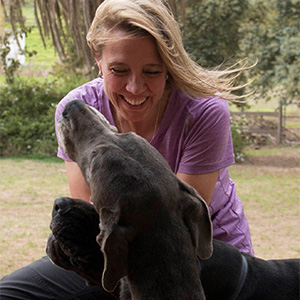
Dr. Annelie Cloete
After 5 years in small animal and bird private practice, I started working at the National Department of Agriculture in Pretoria for 7 years, where I worked in import control, presented bovine TB and brucellosis training and coordinated the implementation of a Laboratory Information Management System (LIMS) for all the Provincial Veterinary Laboratories nationally.
In November 2003 I relocated to the Western Cape Department of Agriculture with my main responsibilities being lecturing large stock- and small stock health at the Elsenburg Agricultural Training Institute; clinical animal health services for the state herds; research ethics and animal welfare for the past 17 years.
In 2016, 25 years after leaving Onderstepoort, I returned to do the online, subject-based MSc in Tropical Animal Health, which is a degree offered in collaboration with the Institute for Tropical Medicine (ITM) in Antwerp. Amongst a host of incredibly valuable subjects I completed applied modules in Serology and Epidemiology. My interest in immunology was also thoroughly boosted by the opportunity to do my project on the search for conjugates to unlock the ELISA for African wildlife.
I have had the privilege of serving the profession in various capacities over the years within the SAVC (Vet Council), SAVA (Veterinary Association), SASVEPM (Epidemiology Society), standards bodies, such as SAQA SGB for the veterinary professions, SANAS, SABS and as state vet also at a regional level in SADC (Southern African Developing Community).
Oral and poster presentations: Various national and international congress/symposium/ conferences.
Awards: The SAVA Boswell Award, 2013.
Province of Antwerp Development Corporation Laurent for the Masters in Tropical Animal Health, 2018
Article: CPD article for VetNews on the Recognition and Treatment of Refeeding Syndrome in Animals, July 2013.
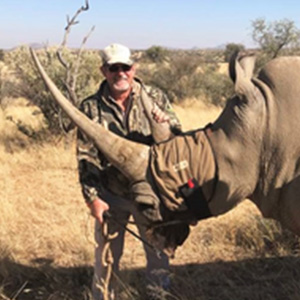
Dr. Ulf Tubbesing
I studied veterinary science and graduated from the Onderstepoort Veterinary Faculty, University of Pretoria, South Africa in 1983. After graduation I worked in a 24-Hour Emergency and Referral Clinic in Johannesburg. In 1985 I took up a lecturing post at Onderstepoort, where I specialised in Small Animal Internal Medicine.
In 1994 I went back to Namibia were I initially worked as an assistant in the Windhoek Veterinary Clinic. In February 1999, I purchased Rhino Park Veterinary Clinic which predominantly handled small animal patients (dogs and cats) but also became known for its work on large carnivores and other wildlife species. I sold the clinic in 2009 to concentrate on wildlife veterinary work which by then increased to a near full time job. My years of involvement with wildlife veterinary work has enabled me to gain a lot of experience in the various fields of wildlife veterinary medicine involving most of the southern African game species.
Besides the veterinary work I frequently lecture at farmers days and veterinary conferences on a broad variety of wildlife related topics. In addition I am also working as an adjunct lecturer at UNAM’s new Veterinary Faculty. If you have any questions, regarding veterinary work, game and/or veld management, translocations or anything else, please feel free to contact me.
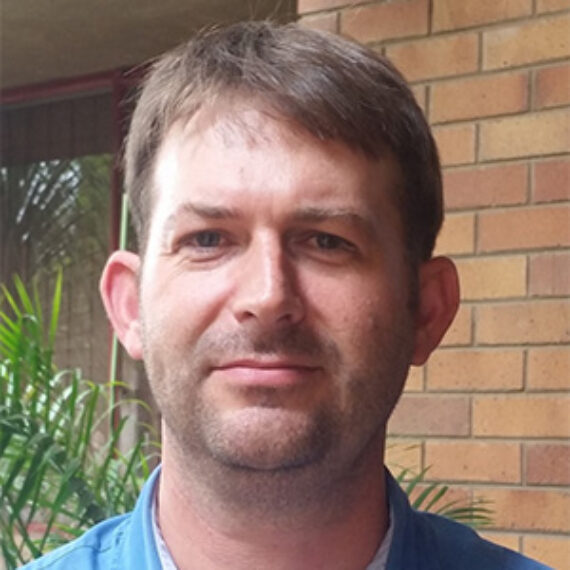
Dr. Johan Steyl
Dr Johan Steyl qualified as a veterinarian in 2001 and registered with the South African Veterinary Council. He worked in a mixed animal practice before returning to the University of Pretoria in 2002 to further his studies. He was initially appointed in a temporary position as lecturer in the section of Pathology, but in 2007 he was appointed on a permanent basis. Dr Steyl obtained his MSc degree, with distinction, in 2012. As an anatomical pathologist he performs diagnostic necropsy duties and lectures in several pathology modules to undergraduate and postgraduate students. In 2017 he was awarded the lecturer of the year prize in the Faculty of Veterinary Science and in 2018 he was the module coordinator of the Diagnostic Pathology module that was voted by the student body the Module of the Year.
Dr Steyl collaborates with other researchers within the department, in the faculty, the university, nationally, and internationally. He has published 30 scientific, peer-reviewed articles in accredited journals.
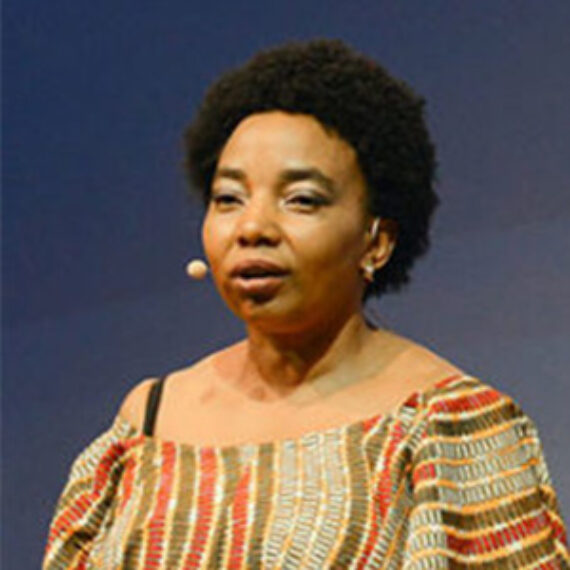
Mpho Maja
Director: Animal Health, Dept of Agriculture, Land Reform and Rural Development
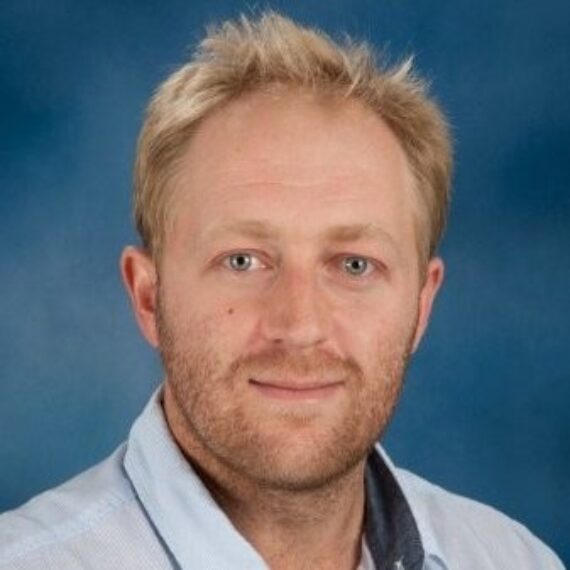
Dr. Jacques O’Dell
Joined the Faculty of Veterinary Science in April 2013.
- Currently lecturing undergraduate students in WMC 510, VCP and VEP modules.
- Currently lecturing postgraduate students in MMedVet and MSC wildlife health, ecology and management degrees.
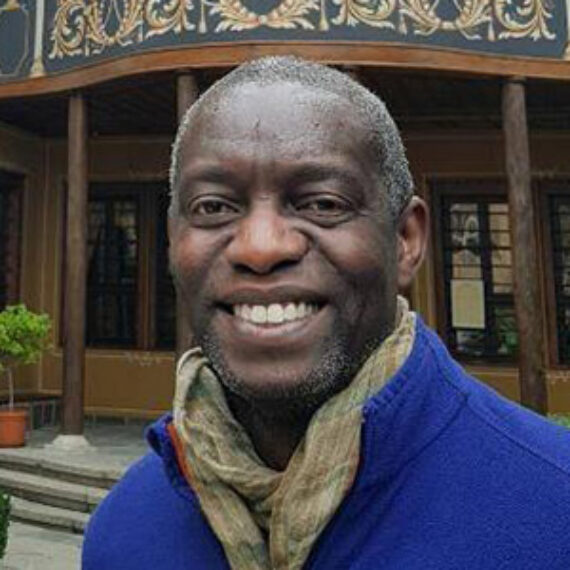
Baptiste Dungu
A qualified South African veterinarian, with a PhD in vaccinologist(University of Pretoria), currently Head of Strategy and Business Development for MCI Santé Animale, largest African biopharmaceutical company, in Morocco.
I am one of 6 members of the Scientific Commission of the World Animal Health Organisation (OIE), Paris, France; and I am a Board member of the IVVN.
More than 20 years of international experience in vaccine research, development, manufacturing and commercialisation.
Form 1992 to 2001 I worked at ARC-Onderstepoort Veterinary Institute (South Africa) in different capacity, first as a researcher, then as head of the FMD vaccine development and production division. Between 2002 & 2008 I have been an executive at Onderstepoort Biological Products (OBP, South Africa), as CSO and COO.
From 2008 and 2014, in my capacity as Senior Director R&D for GALVmed, based in Edinburgh, UK, I was in charge of program development and scientific strategic direction of the organisation. I was overseeing product development activities and building international partnerships, which included the management of a pipeline portfolio of 24 products (vaccine, drugs and diagnostic tests), through partnerships with more than 50 institutions around the world, including research, academic, pharmaceutical and international organisations. Since 2014, I head the Strategy and Business development of MCI Sante animale.
Over the past 15 years, I have conducted consultancies in more than 20 African countries for different international organizations such as IAEA, FAO, as well as the African Union-IBAR and SADC.
I have one patent, more than 30 peer-reviewed articles to my credit, and more than 80 congress contributions and other publications.
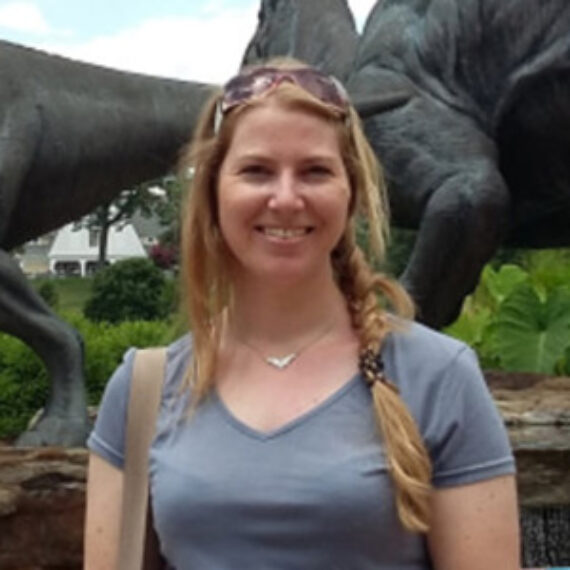
Angela Bruens
South African National Parks · Veterinary Wildlife Services MMedVet
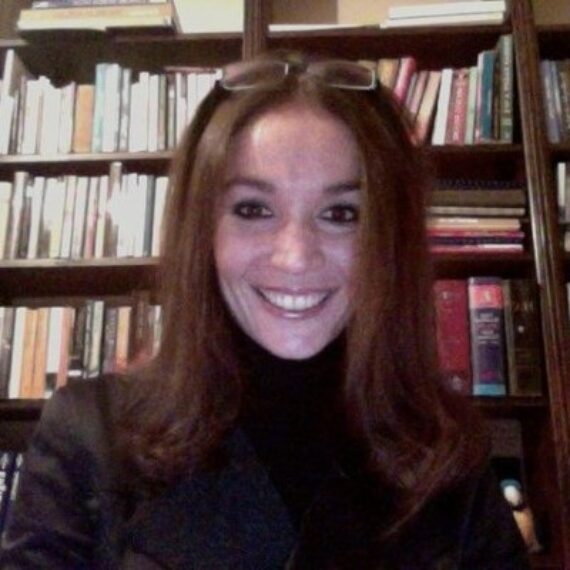
Dr. Linda van der Heever
Linda is running BirdLife South Africa’s project looking into the effects of lead toxicosis in South Africa’s bird species, with the aim to eventually pinpoint the source of the lead poisoning and finding ways to mitigate its impacts. She is also investigating the status of the Black Stork in South Africa, and manages various administrative tasks related to the Terrestrial Bird Conservation Programme, including the organisation of the biennial Learn About Birds Conference and the annual Flufftail Festival.
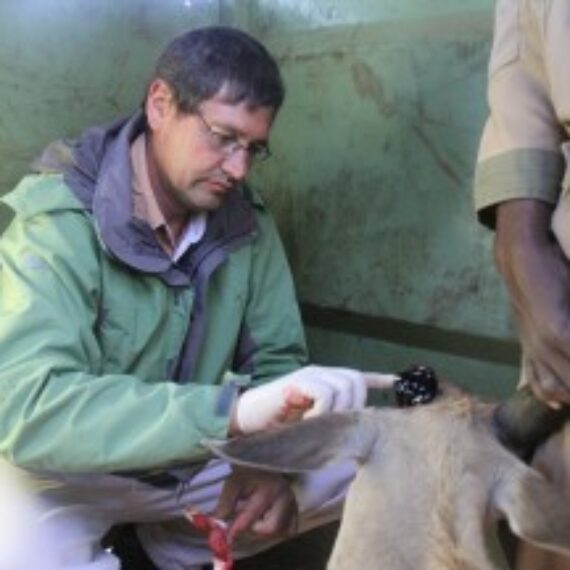
Dr. Hendrik Hansen
Dr. Hansen qualified as Veterinary Surgeon from Onderstepoort in 1993 with a BVSc degree. He worked in the UK for 6 months and then joined a private practice in Bela Bela. He married Petro, and they have one son and two daughters.
Since 1994 he practiced in a mixed practice and for fourteen years been actively involved in Wildlife Capture and health, which involved in mass capture by darting and treatment of individual animals, captureing and export of animals to China. He does consultations to give advice on game farming, breeding and intensive breeding programmes.
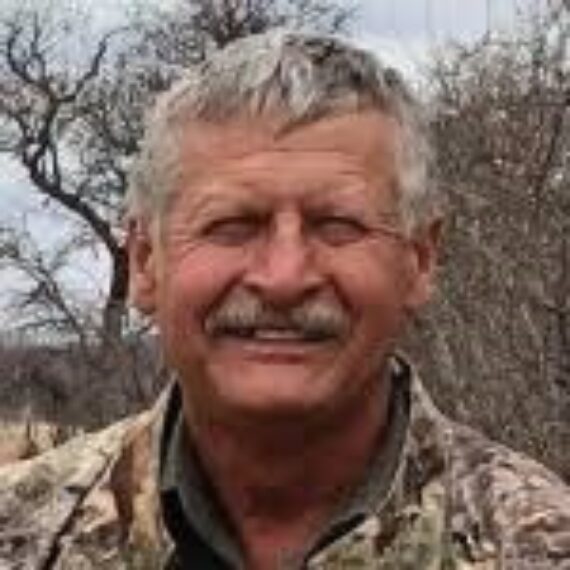
Dr. Erik Verreynne
Dr Erik Verreynne qualified in 1990 at the Faculty of Veterinary Science, Onderstepoort, University of Pretoria.
He was in private practice in Kuruman in the Northern Cape of South Africa before moving to the UK for 3 years.
He moved to Gaborone Botswana in 2003 and is Co-director of the largest private practice in Botswana, where he is also responsible for the wildlife and livestock related veterinary consultation work.
Erik completed a M.Phil in Wildlife Management in 2012 at UP and has completed several wildlife management related consultations for private reserves/game parks in Botswana. He was instrumental in establishing a second rhino sanctuary in Botswana, is an Exco member of the Botswana Wildlife Producers Association, and a member of the Botswana Rhino Management Committee. He is also involved in support capacity in various research and wildlife-human co-existence programs in Botswana.
He has presented on Southern African congresses and presented guest lectures on wildlife issue at Glasgow University, University of Florida, and Texas A & M.
He is a conservationist with special interest in conservation medicine and believe a holistic and pragmatic approach where people are part of the solution will be key in conserving Africa’s wildlife resources.
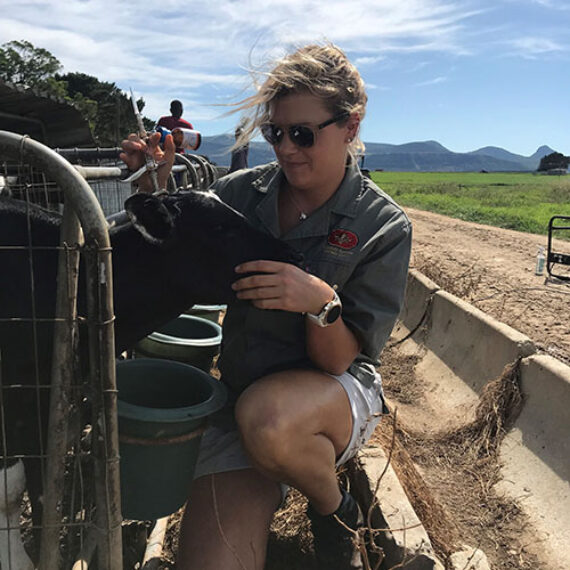
Dr. Vanessa Faber
Dr Vanessa qualified from the Szént István University in Budapest in 2014. Dr. Vanessa joined the Oribi Team in February 2020 and is currently busy with her MSc in Wildlife Management, Ecology and Health. Her interests are all things veterinary and animal health, from wildlife medicine to small animal internal medicine to livestock and horses. In her free time, she trains for triathlons, goes fishing, or is outdoors in general with her friends.
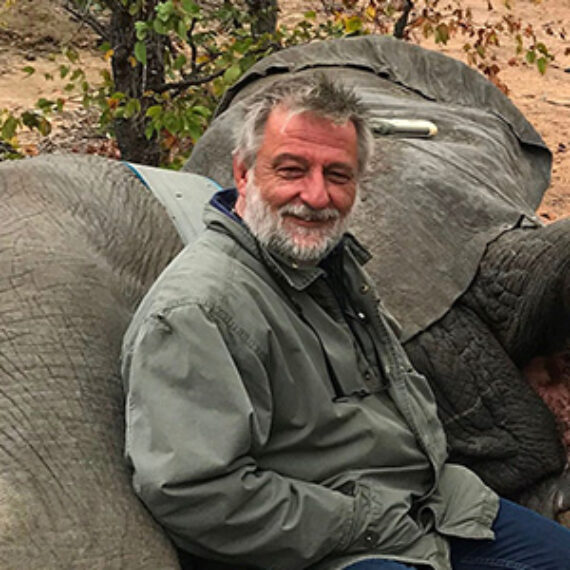
Dr. Cobus Raath
Dr Cobus Raath qualified as a veterinarian in 1985. He spent the first 11 years of his career as the head veterinarian in the Kruger National Park and in 1996, Cobus set up is own private practice Wildlifevets.com. It had become apparent that there was a global need for wildlife conservation medicines so in 1997 Cobus founded Wildlife Pharmaceuticals (Pty) Ltd. Initially, the company acted as a distributor of wildlife immobilisation medicines. But as the demand for these medicines increased, so did his passion for pharmaceutical development. In 2007, Cobus established KoeGer Science, which specializes in the development of new synthetic pathways for wildlife pharmaceutical products. And in 2015, he commenced with construction of Kwalisa Sterile Filling, a GMP accredited and licenced sterile pharmaceutical manufacturing facility. Today, Cobus not only runs his private wildlife veterinary practice and keeps the Wildlife Pharmaceuticals team on its toes, but he also presents chemical immobilization courses across the globe. His continuous drive, enthusiasm and unique management style makes him a true inspiration to us all and we are lucky to have him at the helm of our ship!
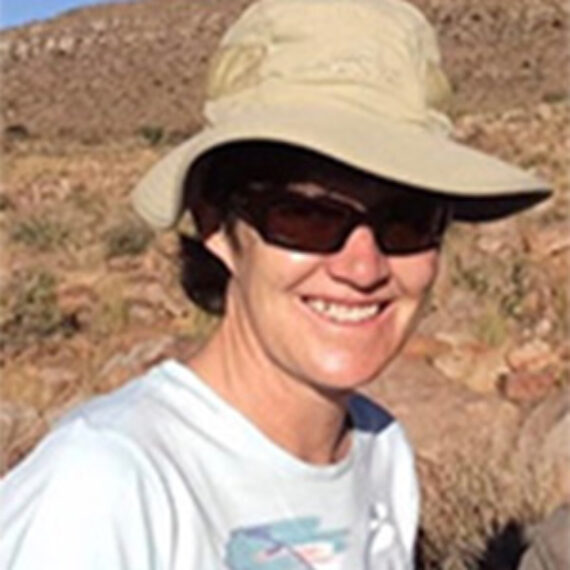
Prof. Andrea Fuller
I am a professor in the School of Physiology at the University of the Witwatersrand, South Africa. My
primary research focus is in the area of thermal biology and conservation physiology, with an emphasis
on understanding the physiological plasticity available to mammals to cope with climate change. Since
2007 I have directed the Brain Function Research Group, a university-recognised research entity that
carries out research in the fields of sleep, fever, pain, thermal and wildlife conservation physiology. I
have published 130 peer-reviewed publications, hosted eight postdoctoral fellows, and supervised 35
Doctoral and Masters students (26 to completion). I have served as chair of the Thermal Physiology
Commission of the International Union of Physiological Sciences and am an associate editor of the
journal Conservation Physiology. I have over 20 years of experience in teaching physiology, research
methodology and introductory biostatistics to students in science and health sciences faculties. In
recognition of my contribution to science in South Africa, I was elected a Fellow of the Royal Society of
South Africa in 2020.
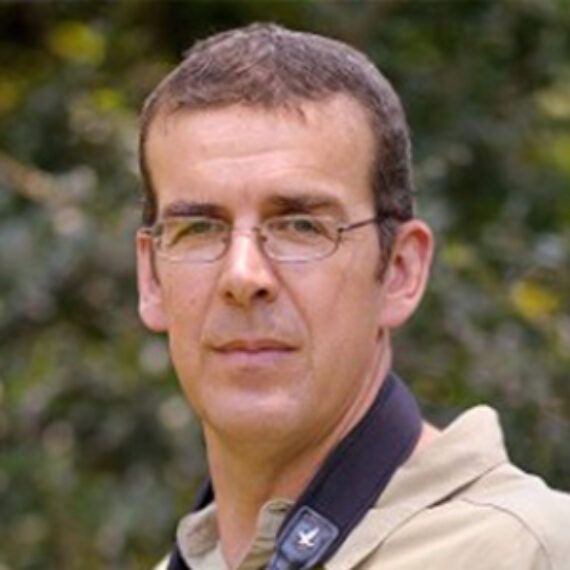
Dr. Andrew McKechnie
Andrew McKechnie holds a PhD from the University of Natal. After two years as a postdoctoral fellow at the University of New Mexico, he spent four years at Wits before moving to UP’s Department of Zoology and Entomology in 2008, where he has remained since. Since 2017, he has held the South African Research Chair in Conservation Physiology at SANBI and co-hosted by UP. His research focuses primarily on avian physiology, mainly in the context of impacts of global heating on arid-zone birds. He is an elected Honorary Fellow of the American Ornithological Society and a Fellow of the Royal Society of South Africa.
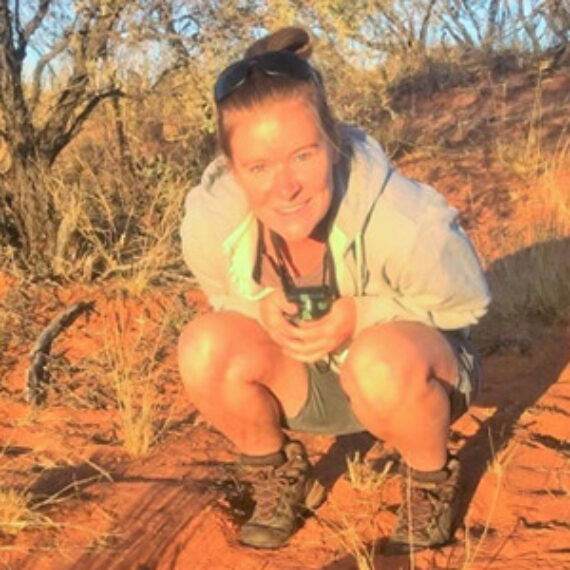
Dr. Wendy Panaino
Wendy Panaino is a PhD candidate from the School of Animal, Plant and Environmental Sciences, University of the Witwatersrand, Johannesburg, South Africa. She is also project manager for the Tswalu Foundation’s Kalahari Endangered Ecosystem Project (KEEP).
